The history of Northern Nigeria is strewn with tales of wars, robust culture, strivings of an unrelenting people and every saga in between theorem fight for a place in the world. Such a vibrant past has fortunately been well preserved through stories, traditions and structures like the Gidan Makama Museum in Kano State and the Kofar Mata dye pit.
Gidan Makama Museum in Kano still retains its exquisite architectural edifice from its construction in the 15th century. Though it is now a National Museum that holds much of the history of the Hausa land, its origin account is a different tale.
History of Gidan Makama Museum
It all started as a residential compound that the Fulani Emir of Kano Abdullahi Burja built for Rumfa, his grandson and heir to the Emir title. Rumfa was appointed the Makaman of Kano (can be likened to the personal assistant to the King or a District Head), hence the name ‘Gidan Makama’ which translates to House of Makama.
Rumfa stayed there until he moved to his new palace. Successive Makama’s retained the compound as their official accommodation even today.
The Establishment of Gidan Makama Museum in Kano
The entire structure of the Gidan Makama Museum in Kano was built as a royal residential area in the 15th Century. It was however split into three parts by the early 1950s by Lord Lugard who also resided there for a period, one of which now serves as the museum.
The other two are the home of the Makama and a site for a Primary School and a Girls’ Secondary School.
The Museum and its Galleries
The museum is divided into eleven galleries, all exhibiting different artefacts and sectors of life of the Hausa people of Kano.
The Entrance
Welcoming you to the Gidan Makama Museum are two brooding cannons at the entrance. The theme behind these weapons is that they were part of the arsenal left behind by the British invasion of Kano in the early 1900s.
One will also see massive pots allegedly large enough to fit an adult. The most famous tradition says that the pots were buried but the city walls and used by former kings for protection.

1. Gallery One (Zaure)
True to the archetypal Hausa building design, the Zaure holds architectural materials used by the people of old. One can find pieces like Azara, Jakarsa, and Makuba, to name a few, and pictures of ancient Kano buildings.
The first Kano City gate (Kofar Waika) is also on display here.
2. Gallery Two
Kofar Kabuga – another city gate through which the British invaded and conquered Kano – is one of the items showcased in this gallery. It also records archaeological findings that depict the life of the populace as the city expanded over time. Certain occupations engaged in and materials used are showcased there.
An example is hunting materials like bows and arrows, guns and more.
3. Gallery Three
What you’ll find in this gallery is the religious history of Kano from its inception till the present. It also covers the account of Barbushe (A High Priest) and how he built the Tsumburbura shrine. Likewise, the era of Baguda’s overrun of Kano and how Barbushe’s heirs were obtruded are shown here also.
It also houses war equipment used during battles. Iron Armours, spears, knives and many more are exhibited.
4. Gallery Four
The 19th Century, arguably the most notable century in all of Kano’s history, is the focus of this gallery. The famous Usman Dan Fodio Jihad that ended the Habe reign, can be seen represented through illustrations.
5. Gallery Five
In this gallery, the Kano City War is exhibited. The year 1903 hold the British Invasion and the Kano Civil War. The latter was caused by strife over the chosen successor to Mohammadu Tukur, the then Emir.
This Gidan Makama museum Kano gallery also shows how the British conquered Kano after Northern Nigeria was declared a protectorate by the British Government and Kano refusal to submit.
6. Gallery Six
The Durbar, an event sacred to the Kano people, is uncovered in this gallery. This event is a show of horsemanship, a skill dear to Kano tradition that marks the end of the Ramadan fast. Its relationship with kingship can’t be separated.
It is also used in welcoming prestigious guests to the state.

In line with its present reputation, Kano has been a commerce centre for over five hundred years, pulling trades from all over. You’ll Fons articles from early trade industries like pottery and textile on display in this gallery.
7. Gallery Seven
The introduction of modern amenities like electricity and the first railway line in 1911 that boosted Kano’s economy is depicted here.
8. Gallery Eight
This gallery covers the Islamic background of Kanawa. There is a copy of a handwritten AL-Quran, the pillars of Islam and more info about how Islam came to be in Kano.
9. Gallery Nine
The livelihood and craftsmanship of the Kano people in various industries are shown in gallery nine. It parades how roles (gender and age roles) were demarcated even through designs.
10. Gallery Ten
The true culture of a people is incomplete without their music and musical instruments. The musical instrument of the Kanawas is in array in this gallery. One can see instruments made of wood, aluminium and other materials here.
11. Gallery Eleven
This gallery is all about the traditional Hausa bride’s room. It is also called Dakin Amarya. On exhibit are Taskira, calabashes, tase and more.
Key Individuals of Gidan Makama Museum
Some important individuals involved since the existence of the Gidan Makama Museum Kano are:
i. Emir Abdullahi Burja – The orchestrator of the structure now used as the museum
ii. Makama Rumfa – the first occupant of the building whom it is named after.
Location and Opening Hours
The Gidan Makama Musem is located in Emir Palace Road, Wudilawa, Kano City, Kano State.
Opening Hours – The Museum opens every Monday through Sunday from 9:00 am to 5:00 pm.
The entrance fee is N2000 per head.
Activities in Gidan Makama Museum Kano
Excursions and Group Tours
Schools and groups of individuals can schedule tour visits to the museum with prior arrangements with the museum.
Art Club
On Saturdays, the museum coordinates an art club for children to encourage creativity. The art is centred on the Kanawa tradition and civilisation. It is open to children aged 6 – 18 with occasional exhibits of their works.
Tour Guides
The museum provides expert guides to show visitors around and explain the artefacts.
Educational Quizzes and Debates
Secondary schools participate in debates and quizzes organised by the museum. One can catch this very 18th of May which marks the International Museum Day.
Skill Acquisition for Youth
This program trains secondary school leavers from across the state for free. Skills such as tailoring, knitting, bead making, and cookery are part of the curriculum here. In the end, the trainees are issued certificates.
What to Expect
As you go into the Gidan Makama Museum Kano, expect to find historic artefacts that showcase the Kanawas, ancient weapons, and a well-educative guide and be sure to leave with more knowledge about Kano’s Civilisation.
Conclusion
There is so much to know and so many misconceptions to correct about the history of Kano. A good place to start with the learning and unlearning process is at institutions like the Gidan Makama Museum in Kano.
It carries the heritage of the people and should be on everyone’s tour sites list.
FAQs About Gidan Makama Museum in Kano
What is the history of Gidan Makama Museum?
The structure of the museum was first built in the 15th Century by Emir Abdullahi Burja and was intended to be a residential place for the Makama then (Makama Rumfa). Hundreds of years later, Lord Lugard decided to section the area and have part of it used for a museum in the early 1950s. It is called Gidan Makama after the position of the initial occupants of the place.
When was Gidan Makama Museum established?
The edifice was built in the 15th century but the museum itself was designated in the early 1950s.
How do I find my way around all the galleries of the museum?
The museum has provision for tour guides that help to navigate all the galleries while explaining the displays. Once there, you only need to request one.
Does the museum provide accommodation for tourists?
The museum does not provide any sort of accommodation but it is possible to find and lodge at any hotel close to the museum.
Are there any fees involved in getting into the museum?
Yes, the only fee you need to pay is upon entry and is N200 per person.
If you’ve ever been to the Gidan Makama Museum Kano, do tell us what your experience was in the comments. I’d love to hear from you.

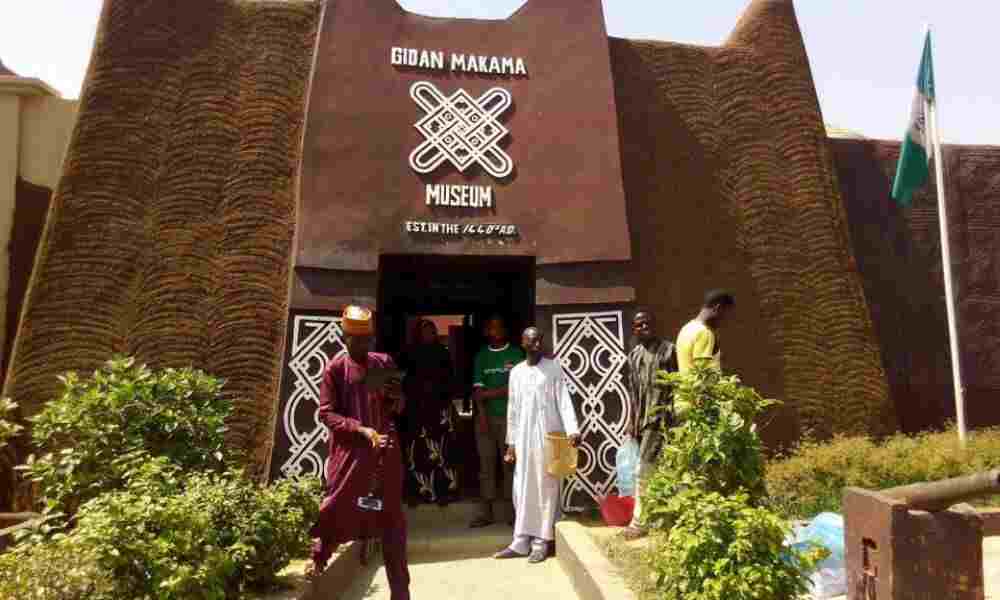

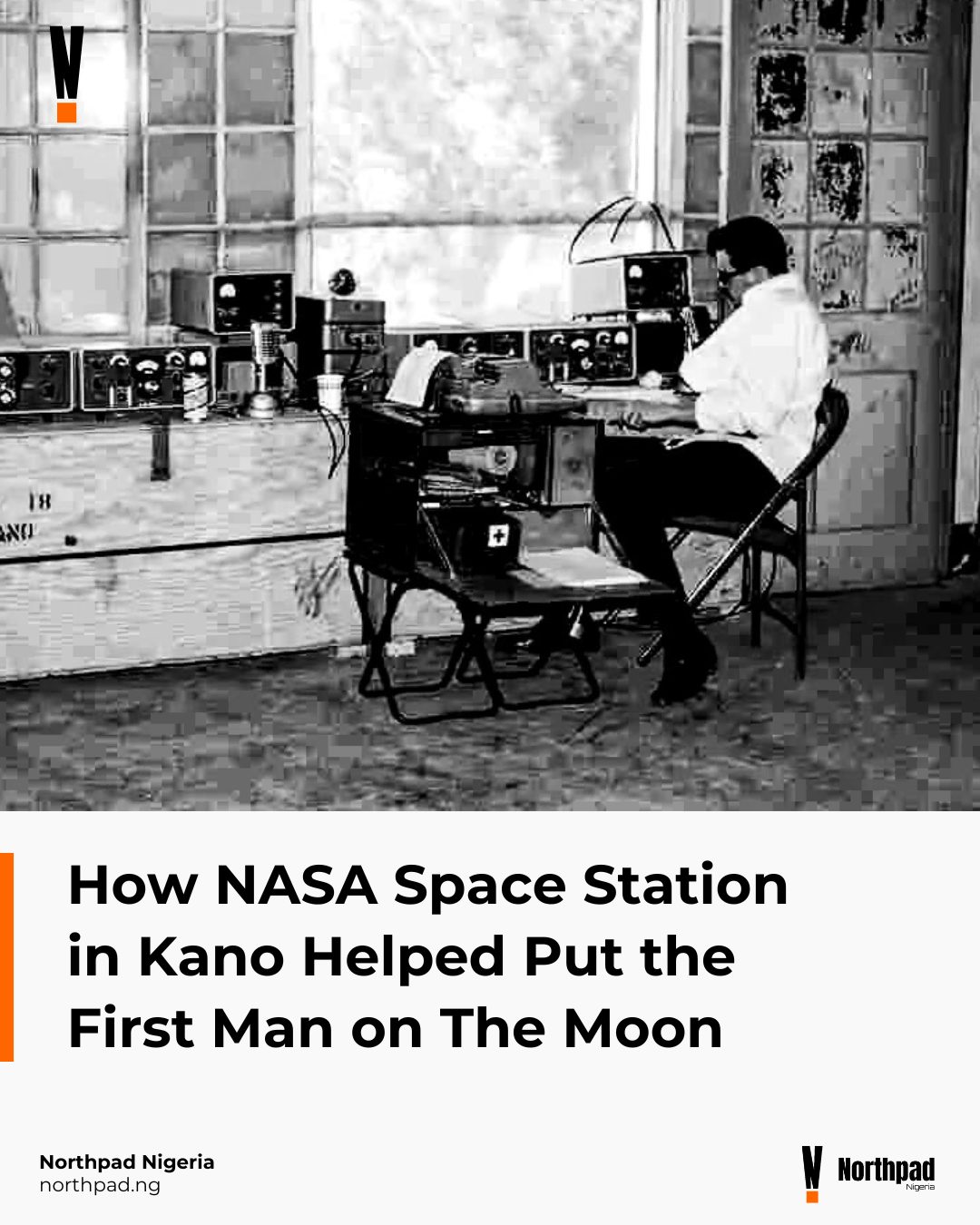
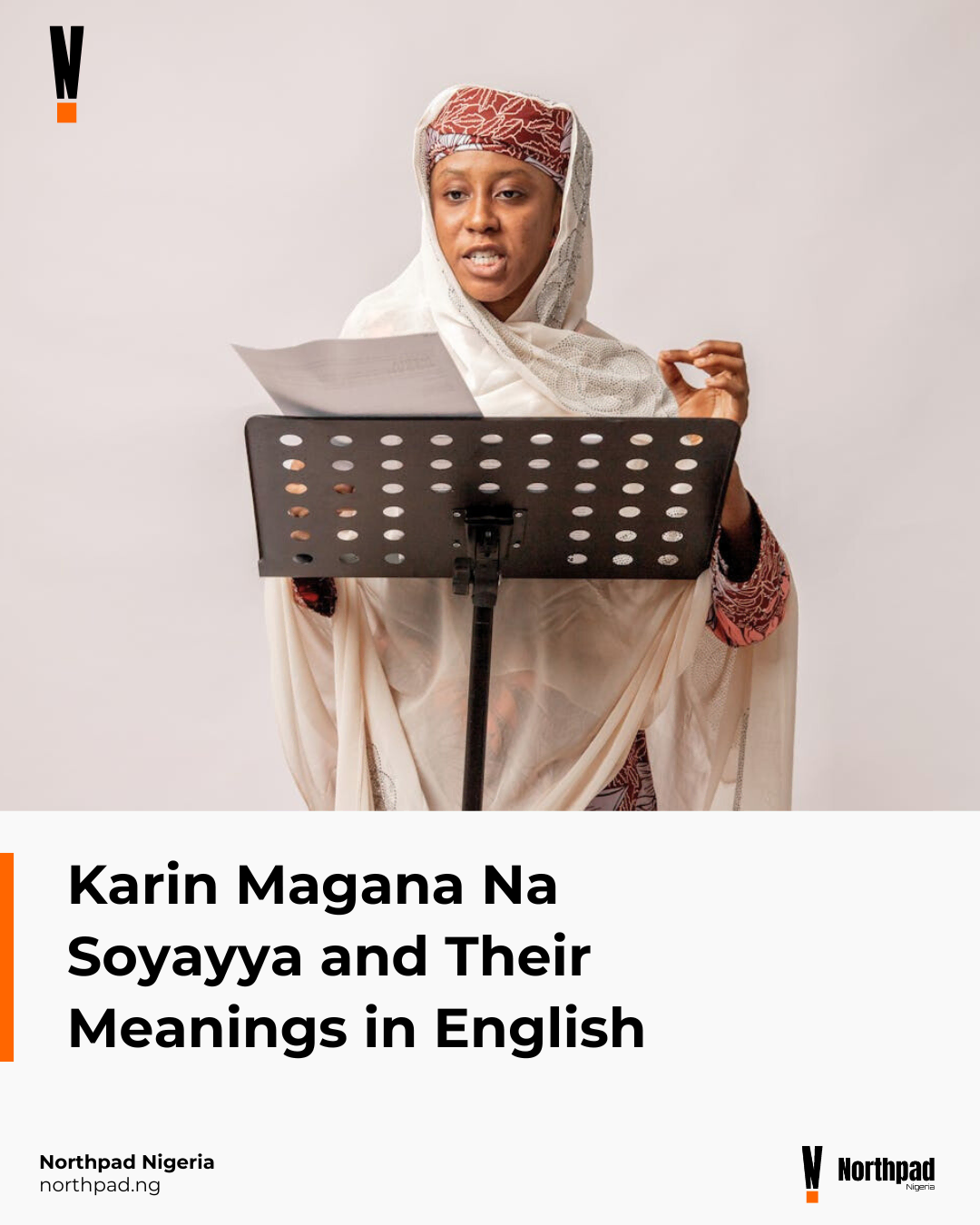
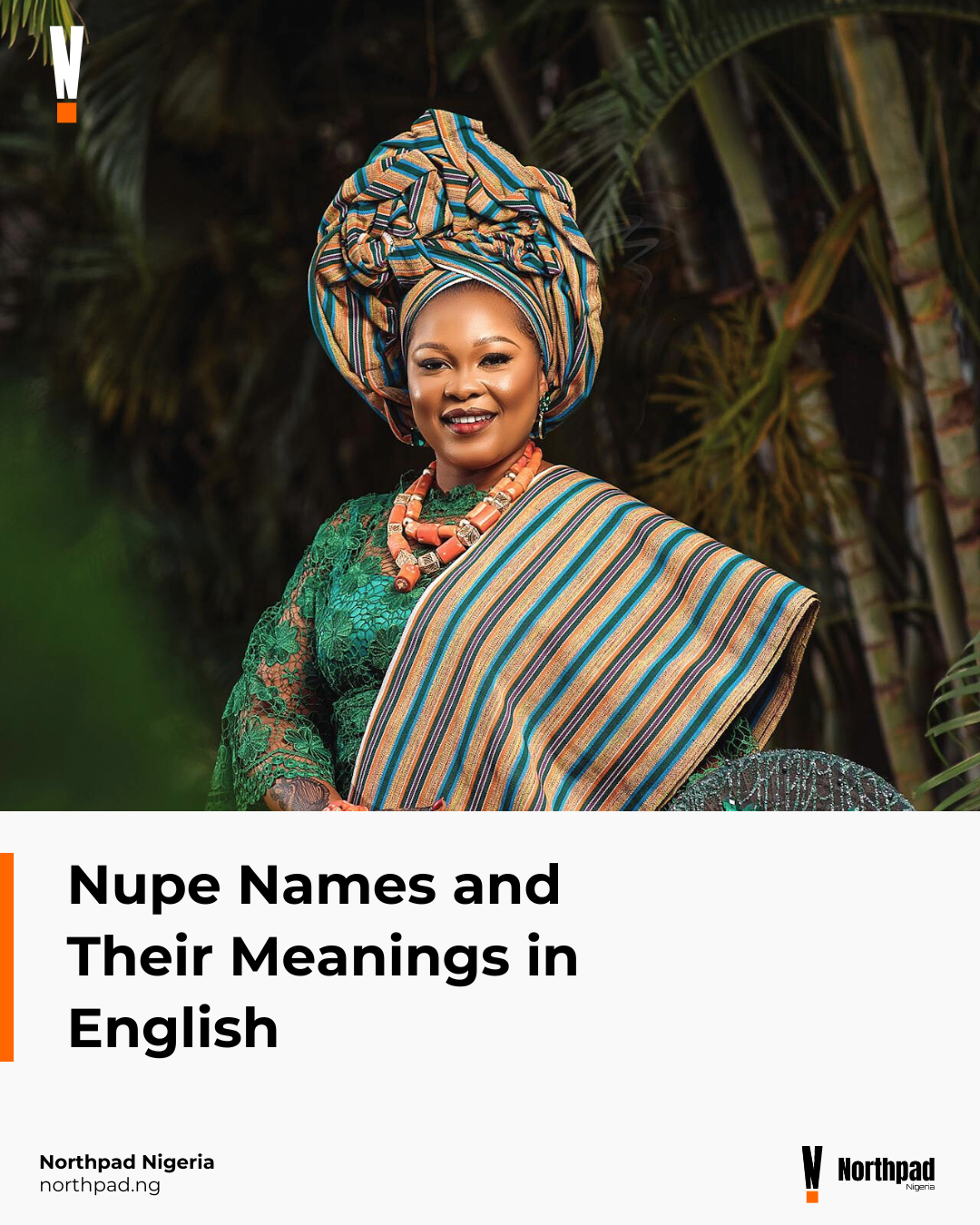
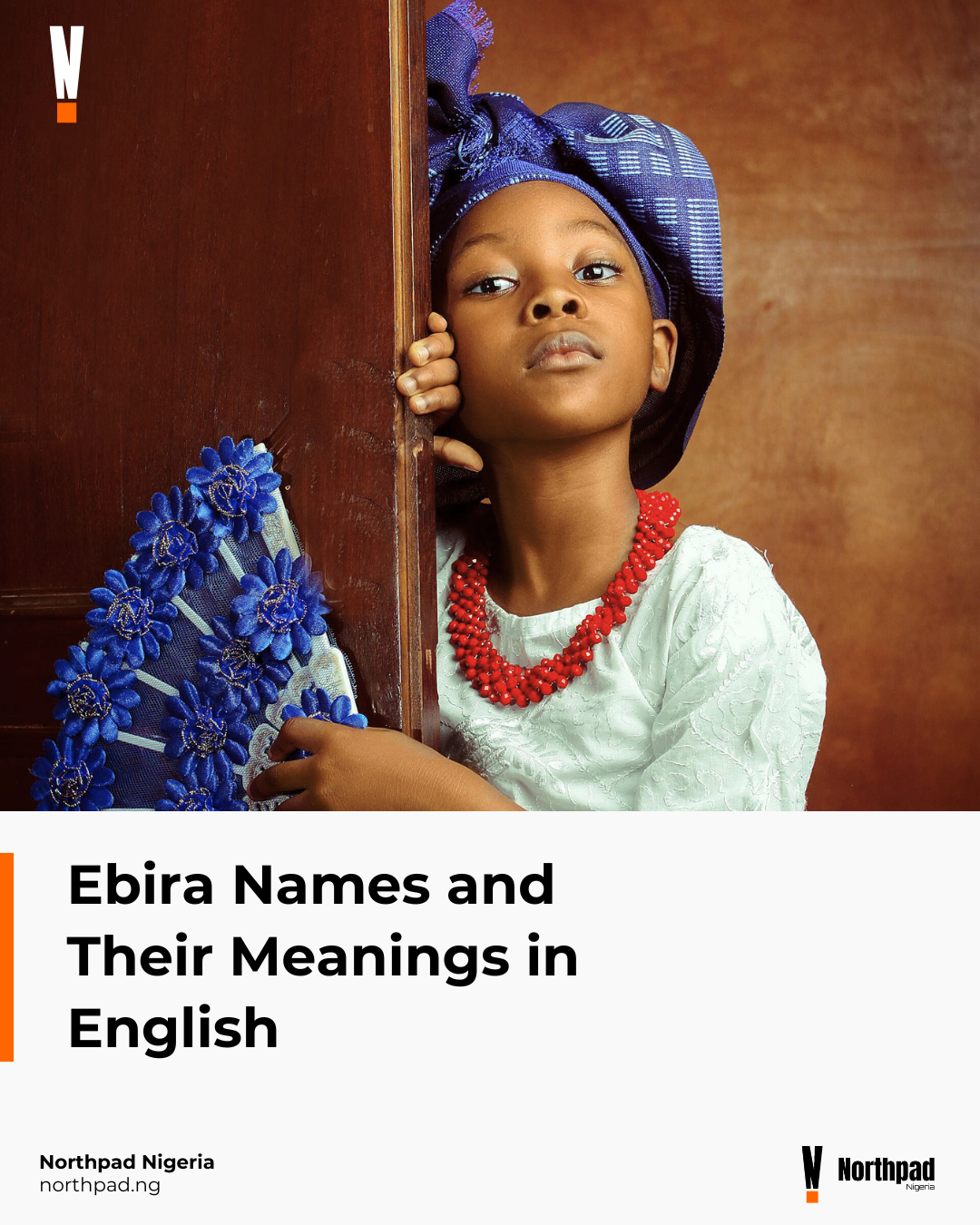
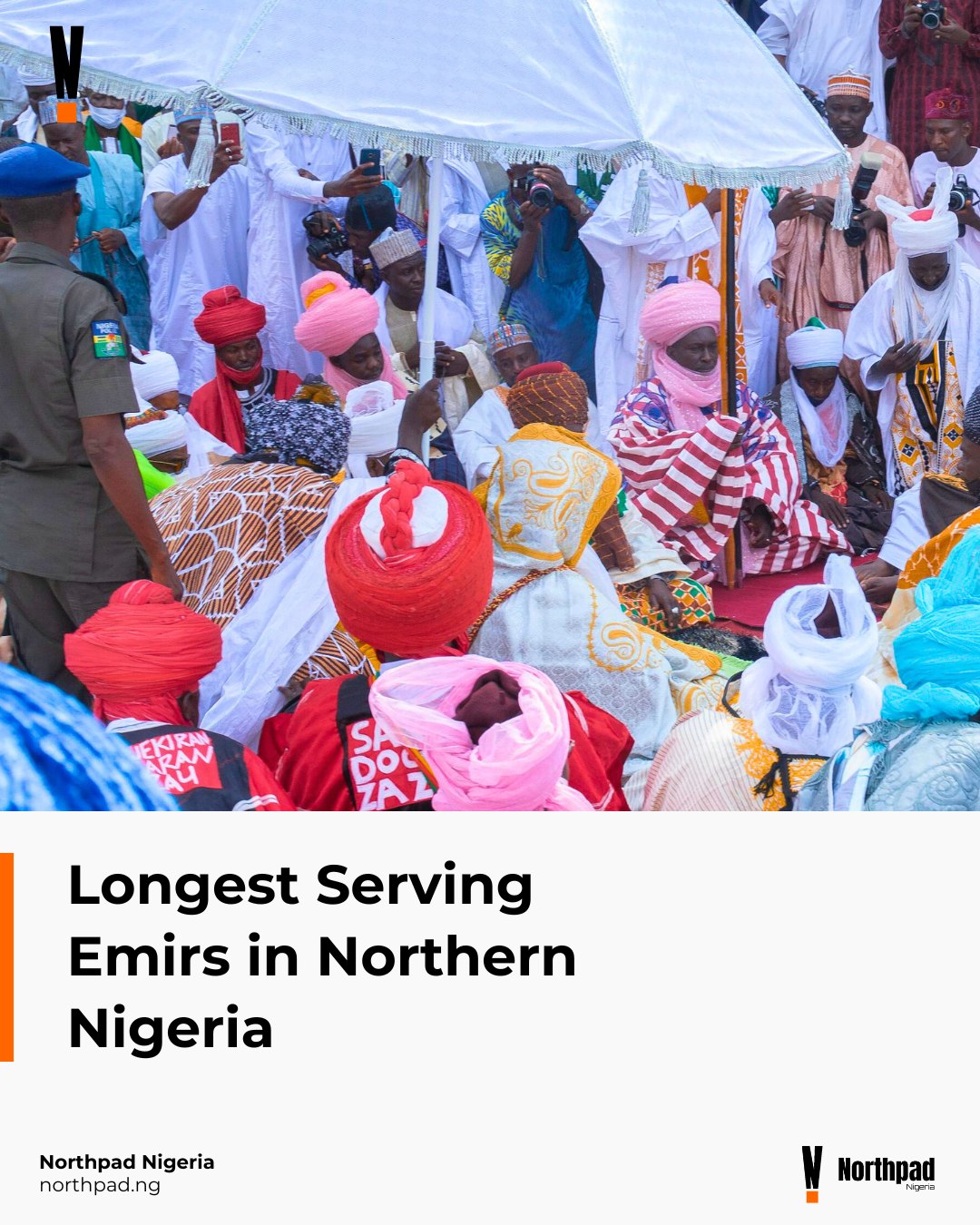


0 Comments